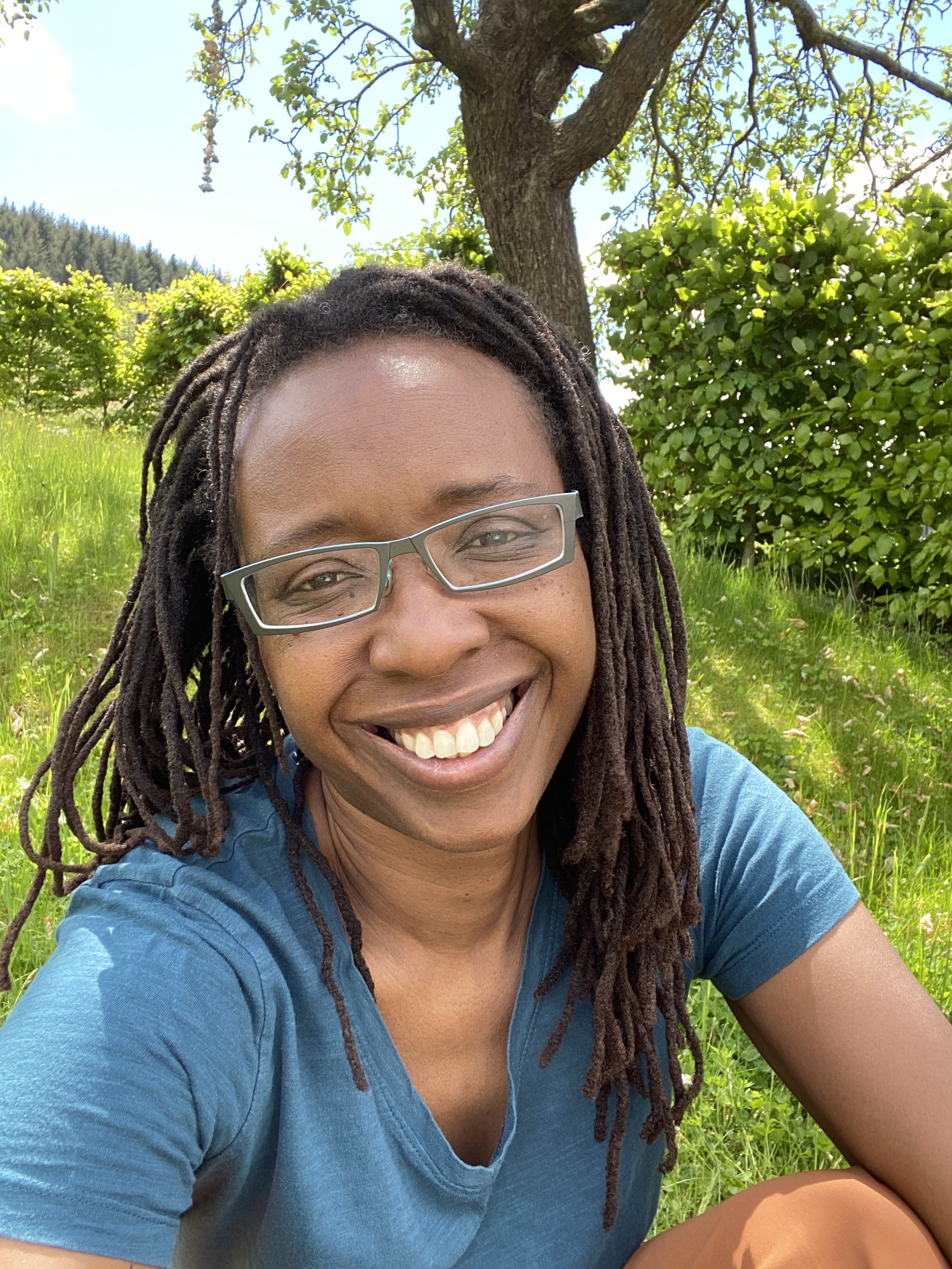
Research Committee
Our Purpose
Produce focused research to develop evidence-based:
approaches to teach climate change that center equity, justice, and Indigenous knowledge;
methods to scale efforts across the state that are responsive to regional and/or community needs;
pedagogical practices that activate student agency to create more climate-resilient communities; and
key components of PK-12 professional learning programs to increase educator content knowledge, skills, and access to curated resources for classroom implementation.

The three ECCLPs committee focus areas are essential for an intersectional approach to supporting PK–12 districts in accessing community educators, universities, and current statewide efforts.
Meet Estefanía Pihen González, the Research Committee Lead
Join us in welcoming Estefanía Pihen González, Program Director at the Climate Action Pathways for Schools (CAPS) who brings her extensive knowledge and expertise to help guide our research committee.
Meet the Committee
-
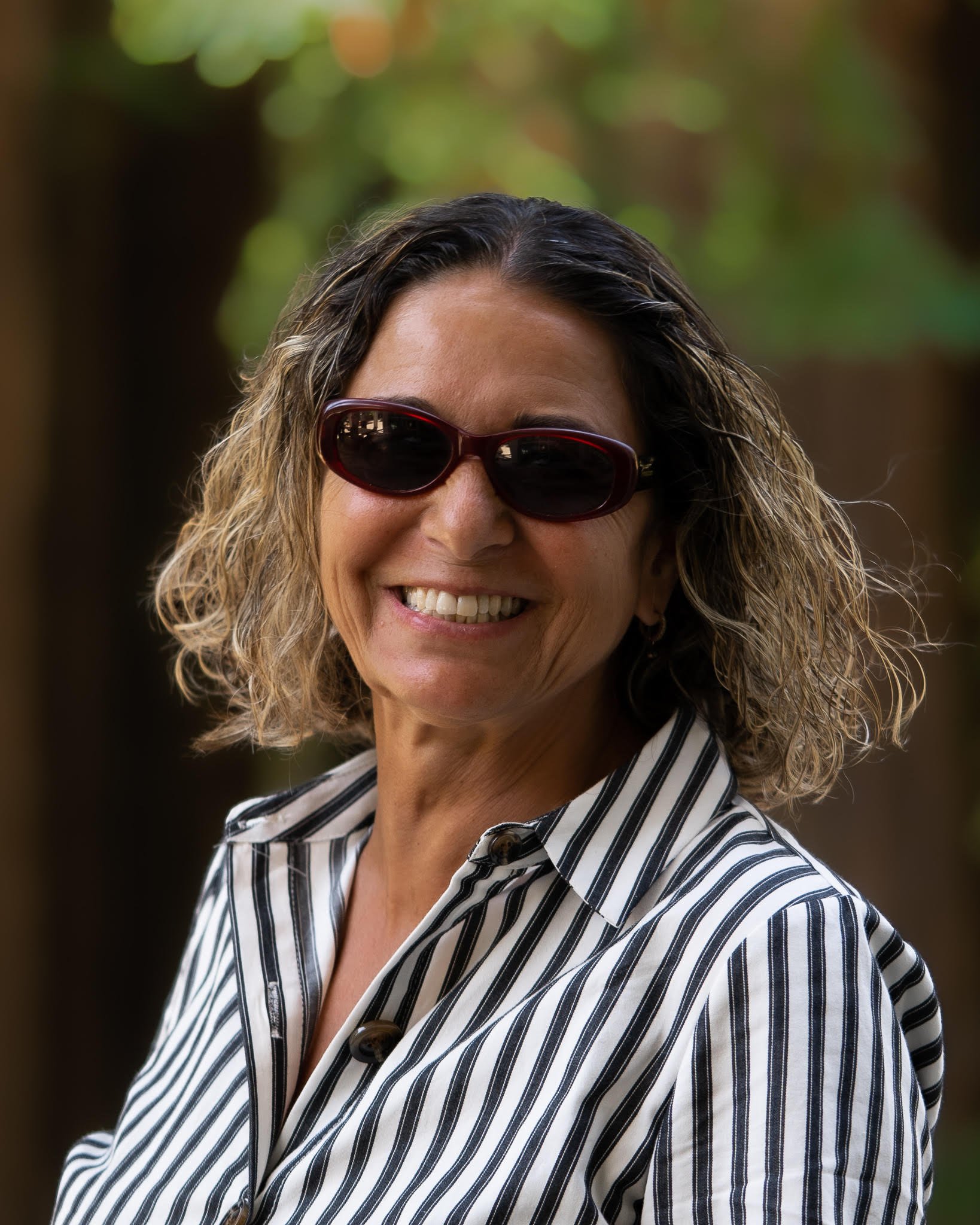
Adina Paytan
Research Professor, Institute of Marine Sciences, UC Santa Cruz
-
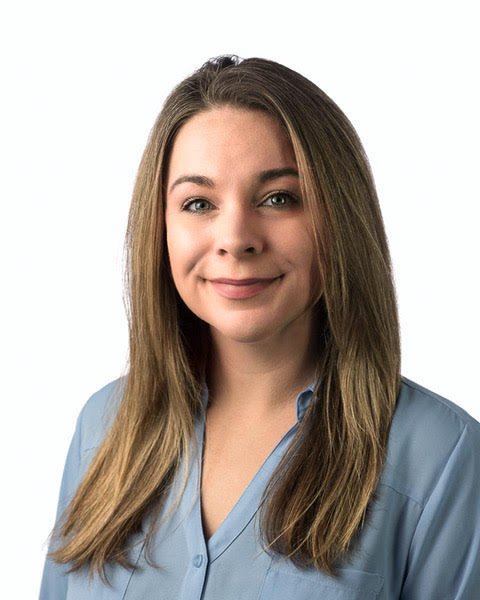
Alexandria Hansen
Assistant Professor of Biology, Fresno State
-
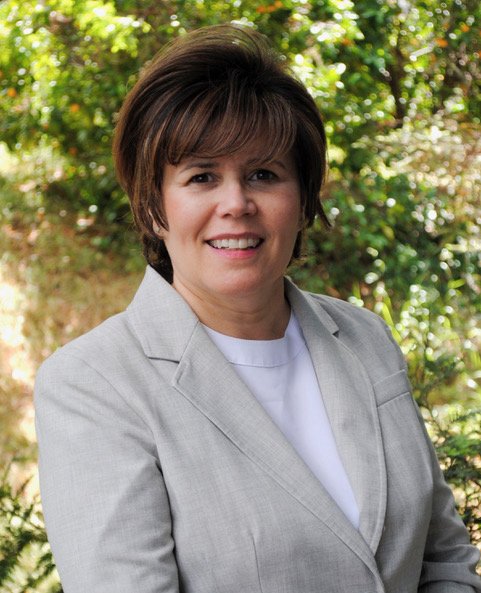
Andrea Somoza-Norton
Associate Professor and Program Co-Coordinator, Cal Poly San Luis Obispo
-

Jennifer Cao
Administrative Support
-

Kara Miller
Assistant Professor of Anthropology, Cal State Long Beach
-
Tendai Chitewere
Professor of Geography and Director, Center for Science and Mathematics Education, San Francisco State
-

Linnea Beckett
Assistant Adjunct Professor and Program Director, UC Santa Cruz
-

Sally Neas
Youth Development Advisor, University of California Cooperative Extension
-

Estefanía Pihen González
Chief of Education and Learning, The California Academy of Sciences
Committee Member Bios
-
Adina’s principal research interests lie in the fields of biogeochemistry, chemical oceanography, and paleoceanography. The goal of her research is to use the chemical and isotopic records enclosed in a wide range of earth materials to study present and past biogeochemical processes. This research spans a wide range of temporal (seasons to millions of years) and spatial (molecular to global) scales. An overarching aspiration of this research is to understand the processes and feedbacks operating in the Earth System and how they relate to global changes in climate and tectonics. Adina is interested in natural and anthropogenically induced perturbations that affect biogeochemical processes and their impact on humans and the environment. Adina is also engaged in STEM education and public outreach to provide professional learning opportunities to seerve students of all ages and expand science literacy.
-
Alexandria is an Assistant Professor in the Department of Biology at Fresno State where she also coordinates the Single Subject Science Teaching Credential Program. Previously, she earned an MA and PhD in Science Education from UC Santa Barbara, a BS in Biology from UC Irvine, and a Secondary Science Teaching Credential. Her teaching, research, and service efforts broadly focus on creating equitable STEM learning experiences for K–16 students and beyond in formal and informal spaces.
-
Since 2015, Andrea has been teaching in the Master of Educational Leadership program at Cal Poly San Luis Obispo. Andrea graduated from the University of Nevada, Reno with a BA in Education and MS in Information Technology in Education and received an Ed.D. from the University of Massachusetts, Lowell in Educational Leadership. Andrea enjoys teaching research method courses. For the past 7 years, Andrea has supervised over 120 MS students' action research projects and poster presentations. As a former Spanish, English as a Second Language, Computer Education teacher, high school administrator, and New Hampshire Department of Education Title III state director, Andrea has assisted English Learner students and managed large state and federally funded initiatives. One of Andrea’s research interests is K–12 educational leadership and administration, particularly on the impact of climate change on education and environmental literacy, and sustainability practices in schools. Currently, Andrea is examining Danish educational leaders' readiness for climate change and how their sustainability practices manifest in their schools. This study may provide guidance to national and international educational leadership preparation programs on these topics.
-
As Chief of Education and Learning, Dr. Pihen González leads the Academy’s extensive education and engagement programs, including museum spaces. The Education Division has three departments: teacher professional development, youth programs, and guest engagement. The division annually reaches hundreds of thousands of students, educators, and over one million museum guests, plus millions online. Pihen González began her role in July 2024.
Originally from Costa Rica, Pihen González has over 15 years of experience in sustainability education internationally. Before joining the Academy, she directed Climate Action Pathways for Schools, implementing paid climate action internships. Her background includes founding a K-12 green school, an international consultancy for transformative education, and being the first research fellow at the Institute for the Built Environment.
She has led teams in developing curricula and professional training, researched nature-based and community-centered education, and developed after-school programs in climate action and social justice. She holds a bachelor's in biology, an MBA in social entrepreneurship, and two master’s degrees, including a PhD in education for sustainable development from UC Santa Barbara.
-
Dr. Cao has been in the educational field for over a decade as a middle school science teacher, educational technology coach, and educational leader. She is passionate with working in schools to support culturally and ethnically diverse students. Previously, she served as the Associate Director of UCISP and was an instructor and supervisor in the CalTeach program at University of California, Irvine (UCI). She is a proud UCI alumni and holds a B.S. in Biological Science as well as a Master of Art in Teaching. Jennifer earned her Ed.D. in Educational Leadership from Cal State University of Fullerton and her dissertation publication focused on culturally relevant pedagogy on Latinx student engagement and content mastery in physics science, which supports her facilitation and program design vision. She loves being active outdoors and traveling the world!
-
Dr. Kara Miller is in the Department of Anthropology at Cal State Long Beach. She is a cultural anthropologist with specialties in applied and medical research. Her work on ecological well-being examines the effects of industrial development around Long Beach and Los Angeles County. Her fields of expertise include embodiment and empowerment in addressing health inequities, and her interests include multidisciplinary and multi-modal ways of collaborating. She explores art-making and science-based knowledge-building and projects that promote meaningful connections with nature. Kara hopes to contribute to community environmental wellness, is inspired by land and people, and believes in holistic education.
-
Dr. Linnea Beckett is an anthropologist of education with expertise in decolonial feminisms, informal learning and community-engaged methodologies. Her research resides at the nexus of environmental justice and learning. She is currently the principal investigator (PI) on a Spencer Foundation funded community-engaged participatory research project designed to study intergenerational informal STEM learning in a Mexican immigrant-led community garden located at a public elementary school in a semi-rural agricultural area in California. Beckett is also the Co-PI on an Belmont NORFACE National Science Foundation-funded Transformation to Sustainability international collaboration studying promising grass-roots initiatives of people organizing around groundwater in places where pressures on the resource are particularly acute. Dr. Beckett currently serves as the director of a community engaged research and learning program at UC Santa Cruz, where she works with undergraduates on these research projects and designs and facilitates community learning opportunities for undergraduates with environmental, food, and economic justice community organizations.
-
Dr. Sally Neas is a Youth Development Advisor for the UC Cooperative Extension, where she does applied research on youth development and environmental education. Her work focuses on partnering with youth to build culturally relevant, personally meaningful and empowering climate education and action. She earned a PhD from the UC Davis, where her doctoral focused on oral histories with young climate activists, documenting and analyzing their stories of moving from despair to empowerment through education. For her MA in community development, she built and piloted the project ClimateSpeak, a project-based learning curriculum that uses storytelling and science learning to help youth relate to and make sense of climate change. Prior to graduate school, she worked for a decade in various youth development and environmental education settings.
-
Tendai is originally from the eastern highlands region of Zimbabwe where the plateau meets the Vumba Mountains and Chimanimani National Park. After moving to the United States, Dr. Chitewere studied at the State University of New York at Oneonta and majored in water resources with a minor in anthropology. She completed her MA in agricultural engineering at Cornell University and later a doctorate in Environmental Anthropology from Binghamton University (State University of New York). A professor of geography, Dr. Chitewere teaches courses on future environments and environmental impact analysis. Her research applies ethnography to study various forms of sustainable communities focused at the intersection of environmentalism, community and justice. As a political ecologist, she explores the relationship between structures of power and the natural environment. Her current projects include an examination of why pre- and in-service teachers leave STEM teaching careers in the US and Germany, and innovative ways to support K–12 students in STEM careers. She is also the current director of the Center for Science and Mathematics Education at San Francisco State, where she supports future STEM teachers and efforts to integrate environmental justice in education.
Meet our Committee Consultants
-

Christina Acosta
Lecturer of Ethnic Studies, Stanislaus State
-
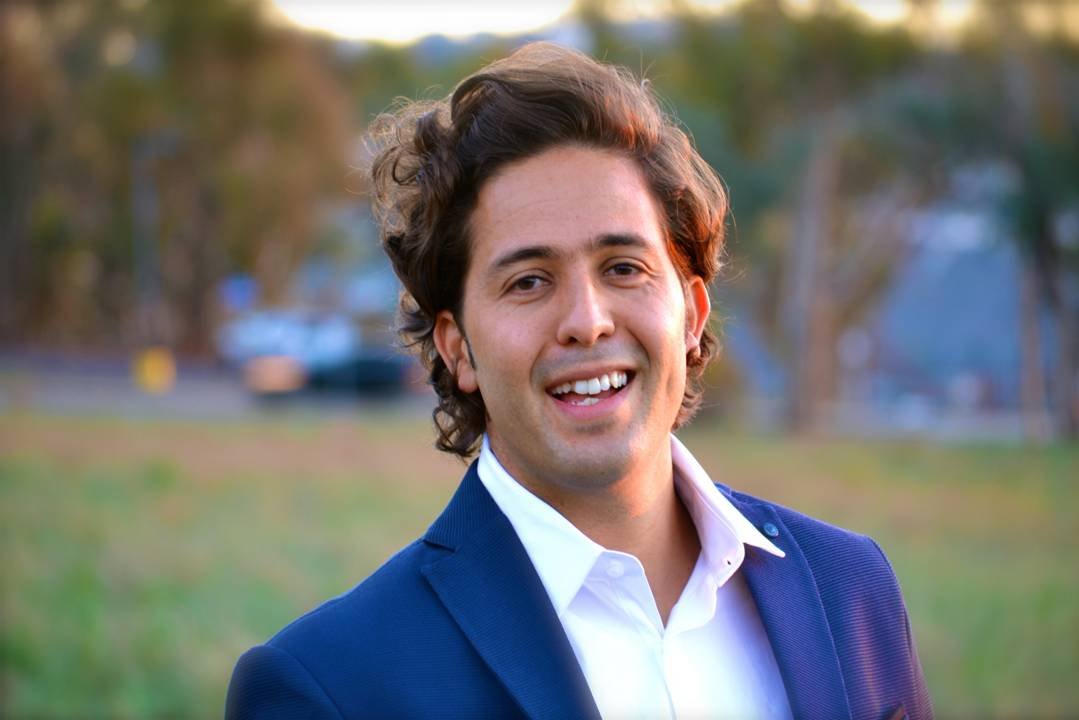
Yassir Eddebbar
Assistant Research Scientist, Scripps Institution of Oceanography, UC San Diego
Committee Consultants Bios
-
Christina received her MA in Sociology at UC Merced, her BA in Chicano/a Studies and Psychology at Cal State Fullerton and she was a transfer student who began her education journey at Fullerton College while she worked full time at Disneyland. She is applying to the Indigenous Race and Ethnic Studies PhD program at the University of Oregon Eugene, so 2022–2023 may be her last year of teaching at Stanislaus State. Christina began teaching at Stanislaus State in Spring 2019 and has led into Ethnic Studies, Contemporary Race, Women of Color Feminisms, The Latinx Family, and Latinx Communities courses.
-
Dr. Yassir Eddebbar is an Assistant Research Scientist at the Center for Climate Change Impacts and Adaptation (CCCIA), in the Climate, Atmospheric Science and Physical Oceanography (CASPO) division, at Scripps Institution of Oceanography, UC San Diego. His research combines longterm observations and numerical models of ocean and atmospheric circulation and biogeochemistry to advance our process understanding of climate and ocean biogeochemical dynamics from regional to global scales. Yassir is currently focused on exploring how climate variability and ocean circulation modulate the oxygen minimum zones, carbon cycling, and primary productivity in energetic regions with high biodiversity and fishery yields such as the tropical Pacific and the California Current System. His research aims at improving the attribution, detection, and model prediction of anthropogenic climate change impacts on marine ecosystems and the global carbon cycle, and designing science-based adaptation strategies for the sustainable use and conservation of marine resources in a changing climate. Yassir received his Bachelor’s degree in Environmental Science and Policy at California State University, Long Beach, and earned his PhD in Oceanography in 2018 at the Scripps Institution of Oceanography at UC San Diego, working with Dr. Ralph Keeling at the Scripps Carbon Dioxide and Atmospheric Oxygen Research groups. He continued on at Scripps, first as a Postdoctoral Scholar working with Dr. Mark Merrifield, then as a Project Scientist within the Integrative Oceanography Division (IOD). Yassir has taught undergraduate and graduate courses at Scripps and UC San Diego, and led numerous science outreach efforts at the intersection of climate science and international policy within the United Nations Framework Convention on Climate Change (UNFCCC). He also collaborates actively with teachers to incorporate cutting-edge climate science and data analysis tools into K-12 science curriculum.




